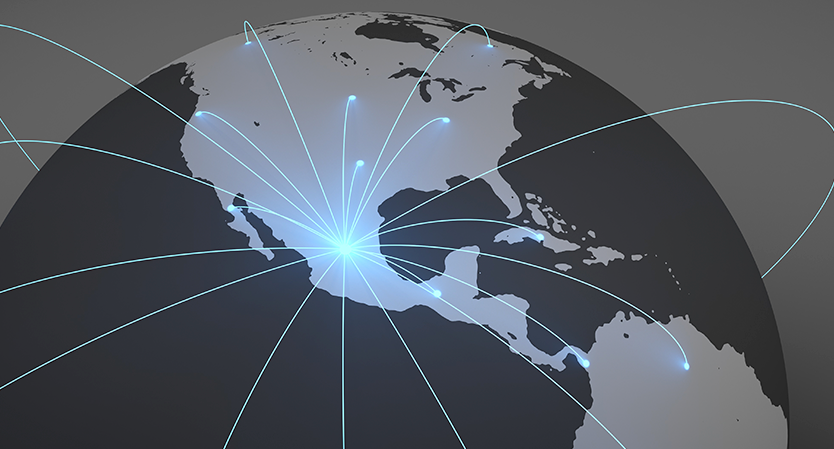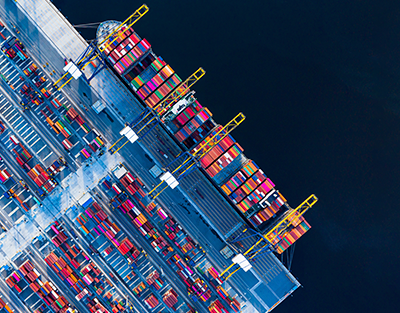
It's no secret that, despite the inefficiency and erosion of institutions and the rule of law generated by this federal administration, Mexico has managed to grow and consolidate its export manufacturing platform. This achievement, as I just mentioned, is attributable in little or no way to the current government and, on the contrary, is a consequence of (i) the efforts of past governments that strengthened the infrastructure and legislative framework to promote this industry, and (ii) exogenous factors such as the disruption of production and logistics chains caused by COVID-19 and the geopolitical disruption between China, Russia, and the US.
Now, regardless of how it happened, today we find ourselves in a situation where Mexico is the largest exporter to the US, with nearly $500 billion (surpassing China and Canada), and where the country, in 2023, managed to attract $36 billion in foreign investment.
This segregation of foreign direct investment should lead us to reflect on the different terms that have been applied to the phenomenon of business relocation in the country and, thus, to measure whether we are truly taking advantage of the international situation as a country.
Nearshoring is the most commonly used concept. In general, the term refers to the relocation of multinational companies' manufacturing and logistics operations to jurisdictions closer to their final market, which, due to this proximity, can mitigate the risks related to phenomena that have disrupted supply chains. This, per se, explains part of the investment that has moved from Southeast Asia to Mexico to minimize future disruptions like those seen during the pandemic due to factory closures and maritime transport saturation.
The next term, which is becoming increasingly relevant, is friendshoring. Friendshoring shifts the focus of manufacturing location to prioritize, more than geographical proximity, values, and political alignment. In other words, as a result of the rivalry with China and the Russia-Ukraine armed conflict, the US has indicated that it will prioritize American investment in jurisdictions aligned with them in terms of economic policy, geopolitics, rule of law, respect, and support for private enterprise, etc. Here is where, if we continue on the same path as the past six years, Mexico could be at a disadvantage. It is no surprise that India, which is physically much farther from the US and with often lower-quality infrastructure, has received much more US investment than Mexico.
Finally, we have the term Economic Connectors, recently coined by Bloomberg, which includes the following countries: Vietnam, Indonesia, Poland, Mexico, and Morocco. These countries, in addition to having very robust export platforms, also have close and integrated relationships with countries that provide raw materials and intermediate goods, particularly China. These countries have managed to navigate the animosity between China and the US, maintaining their status as connector countries that receive imports from one to export to the other, and that receive direct investment from both. In Mexico, this advantage has materialized because, in addition to the obvious geographical proximity and existing infrastructure for export platforms, we have the USMCA. Thus, Chinese companies have found a backdoor to continue accessing the American market without being as affected by US punitive tariffs. It seems that this last quality of being a connector country can give Mexico a significant advantage in the coming years, but we will have to defend it fiercely against both internal and external challenges. Internally, so that future governments do not send signals to investors that we are no longer a pro-investment country with a reasonable rule of law and friendly policies towards the US, ensuring that when the USMCA review comes in 2026, we maintain our privileged position with the US.
In short, let's not waste our opportunity as a nearshoring, friendshoring, and connector country. Let's get to work —and demand from our leaders— to ensure we don't squander this valuable and potentially unrepeatable chance that is not granted automatically.
This content was prepared by Abel Mejía-Cosenza ([email protected])


